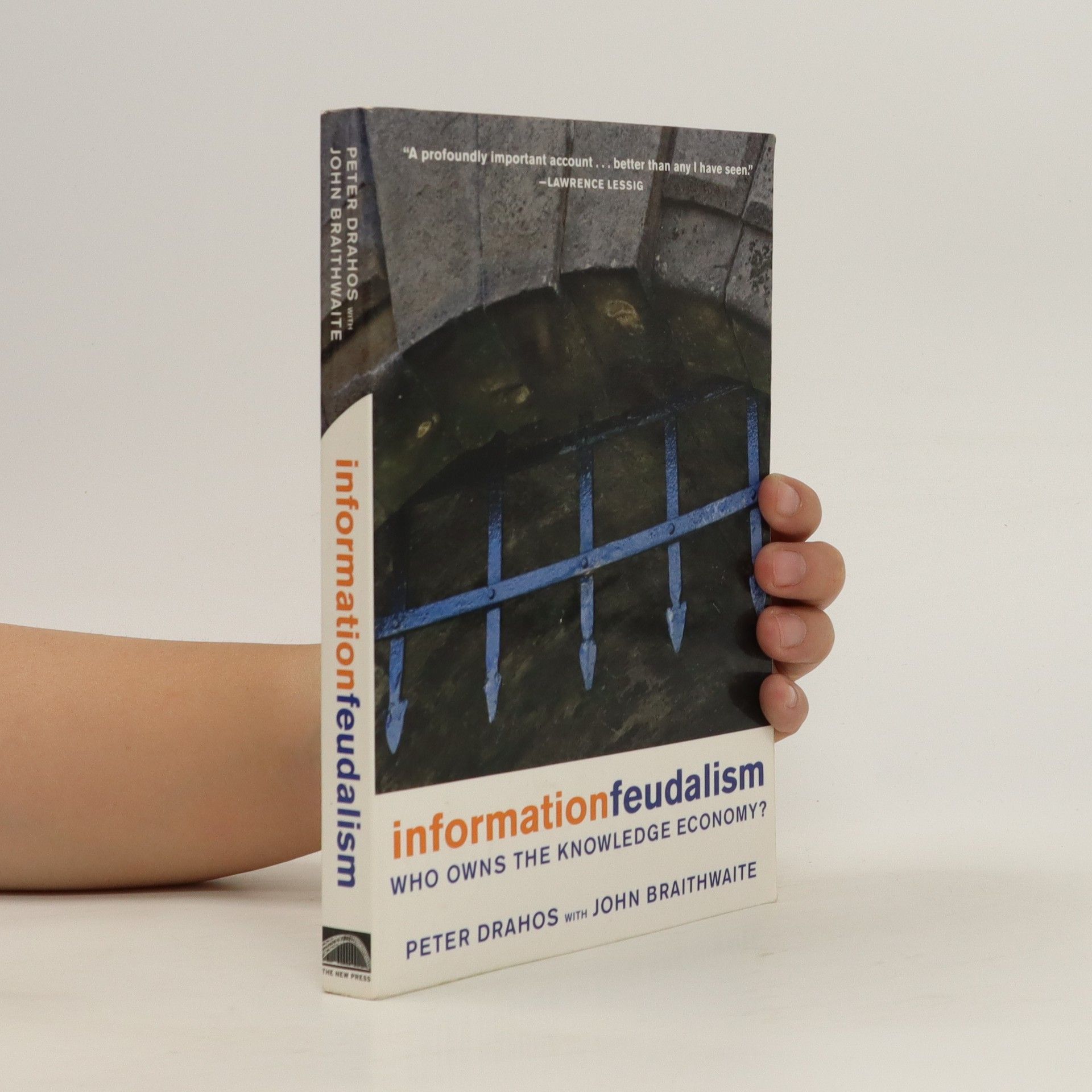Global Business Regulation
- 724pages
- 26 heures de lecture
Examining the intersection of business regulation and globalization, this book explores how policy-making adapts to the challenges and opportunities presented by an interconnected world. It delves into the implications of regulatory frameworks on international trade and economic growth, highlighting the need for effective governance in a rapidly changing landscape. Through case studies and analysis, it provides insights into the evolving nature of regulation in the global marketplace.


